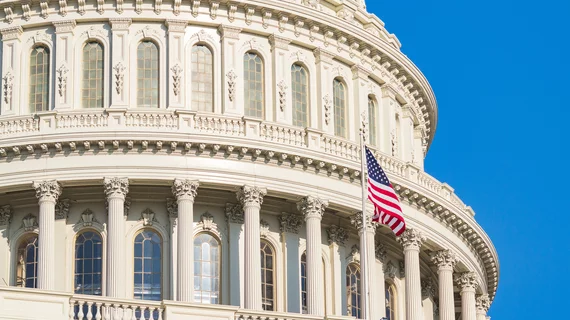Key committees of the U.S. House on Wednesday unveiled a draft package of healthcare bills, including the radiologist-opposed Imaging Services Price Transparency Act.
Rep. Mike Carey, R-Ohio, first introduced his proposal on July 25, hoping to better inform patients about the cost of exams provided by radiologists. If approved, the rule would take effect Jan. 1, 2025, establishing a list of “at least 50” shoppable imaging exams for which providers must publicly disclose pricing on their websites.
The American College of Radiology opposes the focus of the bill, contending that it prioritizes pricing over quality as the primary factor in selecting imaging services. ACR believes patients also should be able to shop based on factors such as facility accreditation, whether equipment is updated and well-maintained, and the skills of radiologists interpreting their exams.
This week’s package of bills, dubbed the “Lower Costs, More Transparency Act,” also would add requirements around pricing for diagnostic laboratory tests, ambulatory surgery center services and group health plans. Other provisions would address oversight of pharmacy benefit managers and seek further insight into vertical integration in the Medicare Advantage market and provider/payer consolidation, according to a summary of the draft legislation.
“These policies will increase price transparency throughout the healthcare system, lower the cost of prescription drugs, bolster treatment and prevention programs for substance use disorders, and take care of mothers and infants,” Energy & Commerce Committee Chair Cathy McMorris Rodgers, R-Wash., and colleagues said in a blog post shared Thursday.
The House Ways & Means and Education & the Workforce committees also were involved in crafting the proposal. Republican representatives’ “major healthcare package” is expected to be pushed this fall, Politico reported Thursday. It is likely to draw opposition from hospitals and pharmacy benefit managers but could gain bipartisan support on the Hill, the news site noted.

